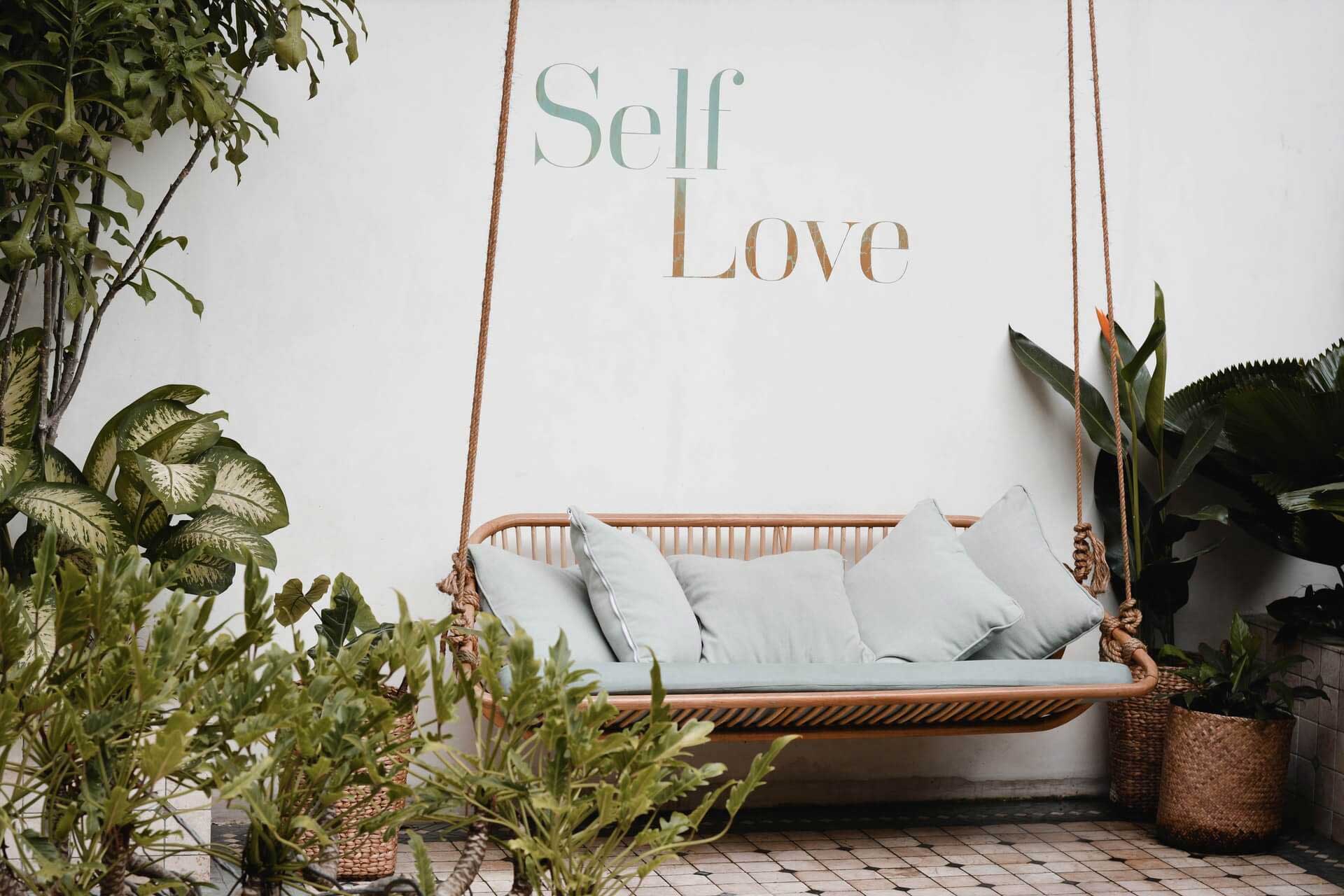Social media is a brilliant tool for connecting people and their communities of interest and support – even more so during times of struggle and isolation.
But, it has issues, too. If we’re feeling down, we can find ourselves comparing our lives to others’. We forget that social media tends to be a carefully edited version of someone’s life, that can make ours seem ordinary by comparison. Sometimes, it can feel like a very negative place.
Occasionally, we need a break.
It’s quite common now for people to take a break from social media, or do a detox as part of our self-care. Influencers rebalance their streaming and content schedules to prevent burnout. (Twitch streamers such as Punz and Pokimane have both announced mental health breaks from streaming and, in Pokimane’s case, social media too.)
For those of us who don’t want to take a break entirely, we might be more careful about who and what we choose to engage with on social media, blocking people who are negative, or eliminating certain topics from our feeds.
It’s mirroring a realisation about the importance of self-care in wider society – with athletes like Simone Biles and Naomi Osaka really showing the importance of focusing on mental health rather than pushing yourself to breaking point to fulfil obligations or meet the expectations of others.
We’re all becoming more aware of the importance of self-care.
The pandemic has increased mental health awareness, and there’s less stigma around feelings of isolation or depression, for example.
People are less willing to put up with harassment on social media, and are holding networks to account. Perhaps because social media has been a major outlet for socialisation during the pandemic, we’re seeing a lot of discussion about harassment and abuse on social. People are starting to take action against it. Mainstream social media networks are coming under increasing pressure to tackle hate speech and abuse, and Facebook and Instagram have been exposed for being toxic (for teen girls, especially), leading to Facebook shelving plans for Instagram Kids. Some platforms, like Twitter, are looking for ways to make their networks safer. This year there was coverage of content creators and their subscribers holding Twitch to account for bot raids that flood channels with racist, sexist and homophobic abuse. It can be a lot to process, and sometimes people need to step away for a while.
What does this mean for brand marketers?
As a brand, you’ll be more aware of the importance of wellbeing in your social media campaigns, too. There are three things to focus on to support mental wellbeing in your campaigns:
- Ditch FOMO as a strategy. Social media thrives on the fear of missing out. People (especially teens) want to be part of what’s trending and often hate the thought of missing an experience. Now that people are more aware of how social media affects their mental wellness – and they know that taking breaks from social media can help them – brands can help by switching gears. Focus on creating positive value for your consumers, as opposed to making them feel they need more.
- Cancel hustle culture. There continues to be a push-back against the lifestyles advocated for in books like Lean In and Girl Boss. The pandemic pushed many people to their limits and made them realise that they need to care for themselves. That they deserve rest, care, rewards and recognition. Let this attitude shine through all of the content you create on social media.
- Above all, start with action: support mental health and advocate for self-care. Think about how you treat not only your employees but also any influencers or creators you work with. Supporting mental wellbeing starts with real action, and brands walking their talk.





